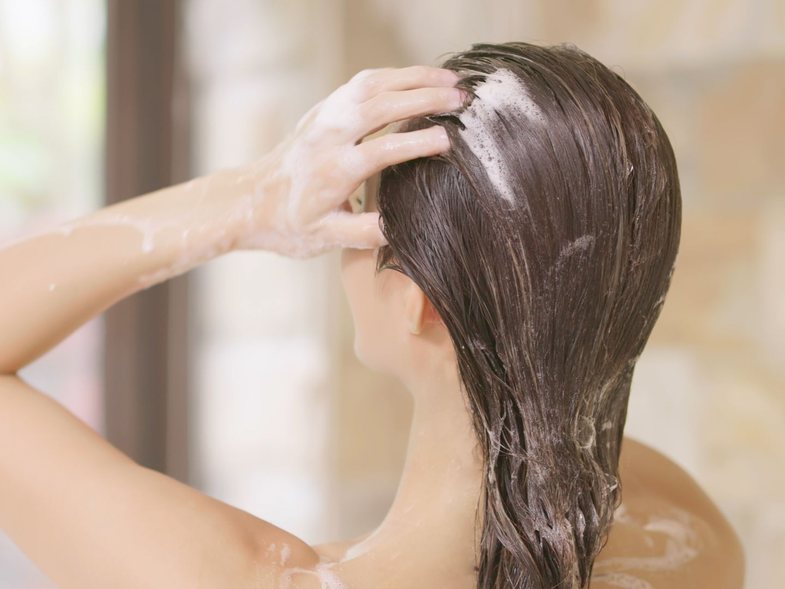
Without a doubt, water is something important in many aspects of our lives. We need it to be hydrated and it is definitely another necessary element for cleanliness. But, there is a caveat when it comes to hair care.
If you are someone who is fond of beauty, you have probably come across the term "hard water". But what is this water and how much effect does it have on your hair?
According to the Journal of Preventative Medicine, "hard water" means water with a high concentration of calcium, magnesium and mineral ions, i.e. a calcareous water.
How does hard water affect hair?
"Hair becomes drier after showering with this type of water," says trichologist Penny James. "The scalp follicles become a little more sensitive and that's because of the magnesium and calcium in the water," she continues.
However, your hair type and structure also have an impact on this issue. If you have thin and dry hair, hard water definitely has an effect because it makes it look lifeless. For thicker, healthier hair, this type of water causes fewer problems, experts say.
Does hard water damage hair?
Do you want the good news first or the bad news? Experts agree when they say that this type of water does not damage the hair as much as you have heard or read.
"The good news is that it doesn't damage the scalp," explains James. This water does not cause many problems on the scalp, only if you are sensitive to excess calcium, magnesium and minerals. In this case, says the expert, hard water can create dermatitis on the scalp, which means you may have some itching or irritation. But as for the rumor that hard water causes hair loss, James says there's no truth to it.
Other factors such as: the dryer, the environment or the products you use to treat your hair can have more of an impact than the lime water itself.
"The only time this kind of water damages your hair is when you don't treat the ends of your hair properly. If you don't use the right conditioner or shampoo, you're more likely to feel problems on your scalp while your hair feels dry. and without shine," concludes the expert.
Suggested articles:
Source: Today



